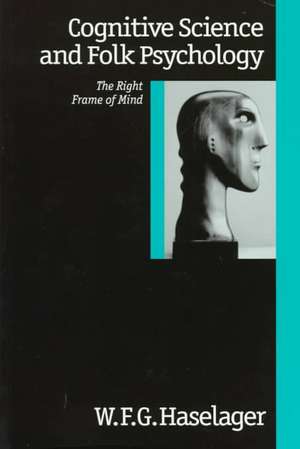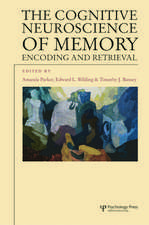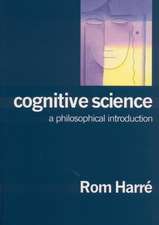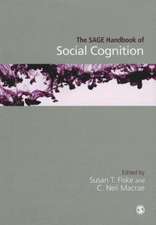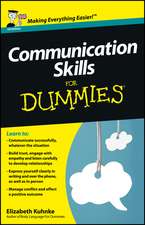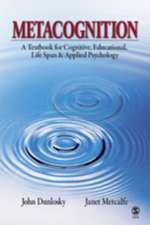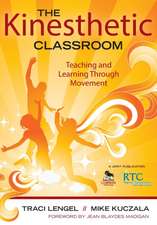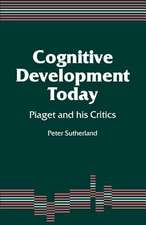Cognitive Science and Folk Psychology: The Right Frame of Mind
Autor W F G Haselageren Limba Engleză Paperback – 10 iul 1997
Preț: 420.04 lei
Preț vechi: 494.17 lei
-15% Nou
Puncte Express: 630
Preț estimativ în valută:
80.38€ • 84.13$ • 66.90£
80.38€ • 84.13$ • 66.90£
Carte tipărită la comandă
Livrare economică 31 martie-14 aprilie
Preluare comenzi: 021 569.72.76
Specificații
ISBN-13: 9780761954262
ISBN-10: 0761954260
Pagini: 176
Dimensiuni: 156 x 234 x 10 mm
Greutate: 0.25 kg
Ediția:1
Editura: SAGE Publications
Colecția Sage Publications Ltd
Locul publicării:London, United Kingdom
ISBN-10: 0761954260
Pagini: 176
Dimensiuni: 156 x 234 x 10 mm
Greutate: 0.25 kg
Ediția:1
Editura: SAGE Publications
Colecția Sage Publications Ltd
Locul publicării:London, United Kingdom
Recenzii
`Through Haselager's presentation and analysis, readers will acquire an exceptionally clear understanding of what is at stake, and the prospects for victory by either side, in this key debate in cognitive science' - William Bechtel
Cuprins
Introduction
Folk Psychology and Cognitive Science
Representations and Cognition
The Frame Problem
The Problem of Non-Demonstrative Inference
The Neurocomputational Theory of Cognition
Conclusion
Folk Psychology and Cognitive Science
Representations and Cognition
The Frame Problem
The Problem of Non-Demonstrative Inference
The Neurocomputational Theory of Cognition
Conclusion
Notă biografică
Descriere
`Folk Psychology' - our everyday talk of beliefs, desires and mental events - has long been compared with the technical language of `Cognitive Science'. Does folk psychology provide a correct account of the mental causes of our behaviour, or must our everyday terms ultimately be replaced by a language developed from computational models and neurobiology? This broad-ranging book addresses these questions, which lie at the heart of psychology and philosophy.
Providing a critical overview of the key literature in the field, including the seminal work of Fodor and Churchland, the author explores the classic `Frame Problem' and assesses the future prospects of cognitive science. The scope of the frame problem, touching on connec
